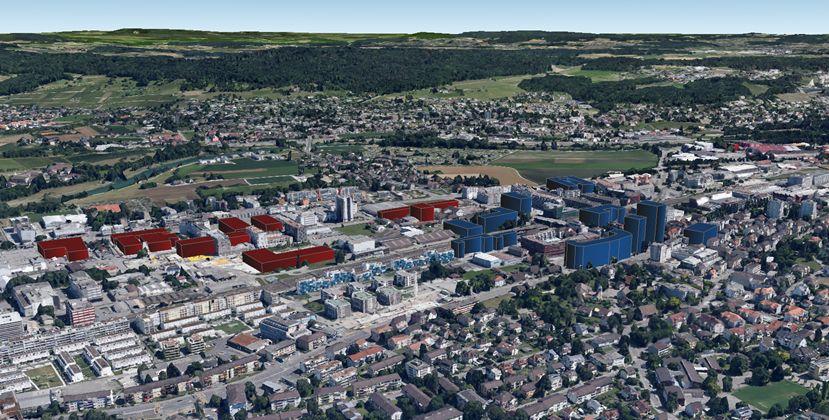Spatial and Landscape Development

The subject area Spatial and Landscape Development is intended to enable its graduates to deploy forward planning to promote desirable spatial development on the basis of spatially relevant law, and to initiate solutions.
The objectives of sustainable development, economic viability and responsible governance are integrated into the development of the solution.
Students learn how landscape and space can be planned and developed while taking into account ecological, social and economic aspects; about the tasks which are relevant today in Switzerland and beyond; and how ideas and solutions are designed, planning decisions prepared, and planning processes formed. To detect and resolve spatial conflicts early, these planning processes take into account the interests of stakeholders with space-related undertakings from society, environment and business.
The subject area covers both the formal planning system deployed in Switzerland and informal methods and instruments.
Spatial Development: Range of courses
The main purpose of the range of courses is to give students the knowledge, skills, and abilities which will enable them to recognise, clarify and resolve space-related issues. Problem-oriented learning in the context of difficult and unresolved challenges is central here. To foster practical application of the knowledge gained, the courses are mostly divided into lecture and practical components. No specialist knowledge is normally necessary to attend courses, but students should have an interest in interdisciplinary work and be ready to persevere in finding creative solutions.
Landscape and Environmental Planning: Range of courses
The courses comprise lectures and, in particular, numerous practical exercises, project-specific events and a project week. Independent solving of planning problems is a significant component. The prerequisites are a particular interest in spatial, landscape and environmental planning issues and the design of our living space; initiative and teamwork; and fundamental knowledge of the theory and application of spatial planning. The lectures in Planning I, Planning II and Land Management from the Bachelor’s degree programme in Geomatic Engineering and Planning may help to guide prospective candidates.
